Gestion des déchets, recyclage et qualité de l'emploi
Waste management is central in the process of ecological transition: studying this sector is therefore especially useful to understand the challenges at play Focusing [GR1] [SS2] on employment[JDB3] , this article applies data mining to Insee sectoral statistics (Esane and Alisse) in order to conduct a comparative analysis, over the 2010 decade, of various waste management activities. We consider more specifically two activities with opposite ecological implications: the treatment and disposal industry (landfilling or incineration, brown mode) and the materials recovery and recycling industry (green mode). Despite public interventions in favour of the latter, it exhibited a lower quality of employment. This was probably due to economies of scale benefiting the treatment-disposal compared to the recovery-recycling industry. Those economies of scale improved labour productivity and capital returns and encouraged investment by profit-oriented operators. Over the 2010 decade, while both activities shared a slow pace employment growth, the treatment-disposal industry concentrated its wage bill on skilled workers and technicians, in connection with efforts[JDB1] to equip the sector for energy production. Our study therefore brings to the fore the role of equipment investment explaining the employment quality gap between the treatment-disposal brown industry on the one hand and the treatment-disposal green industry on the other.






